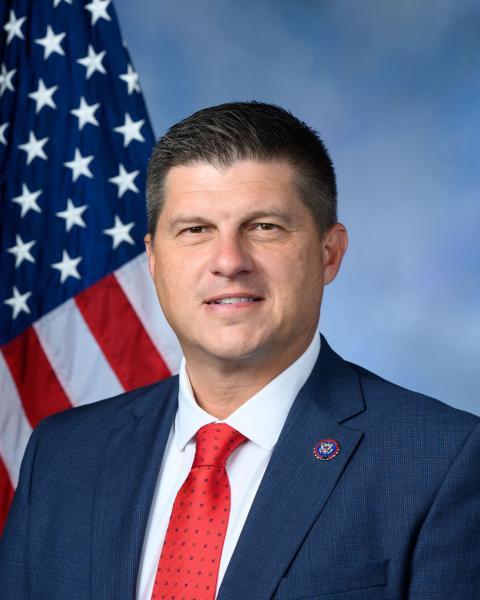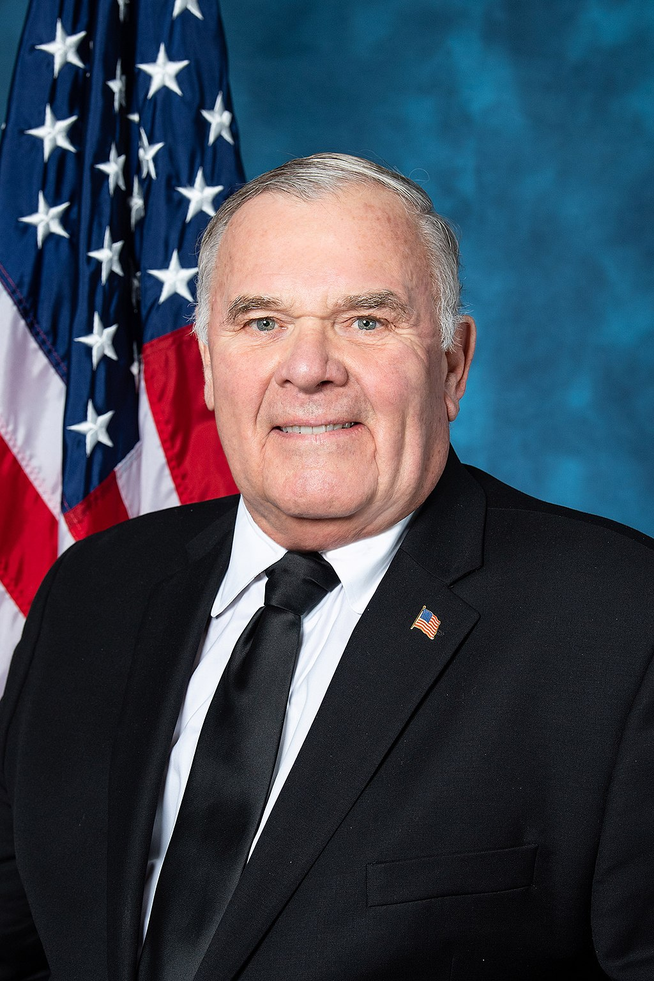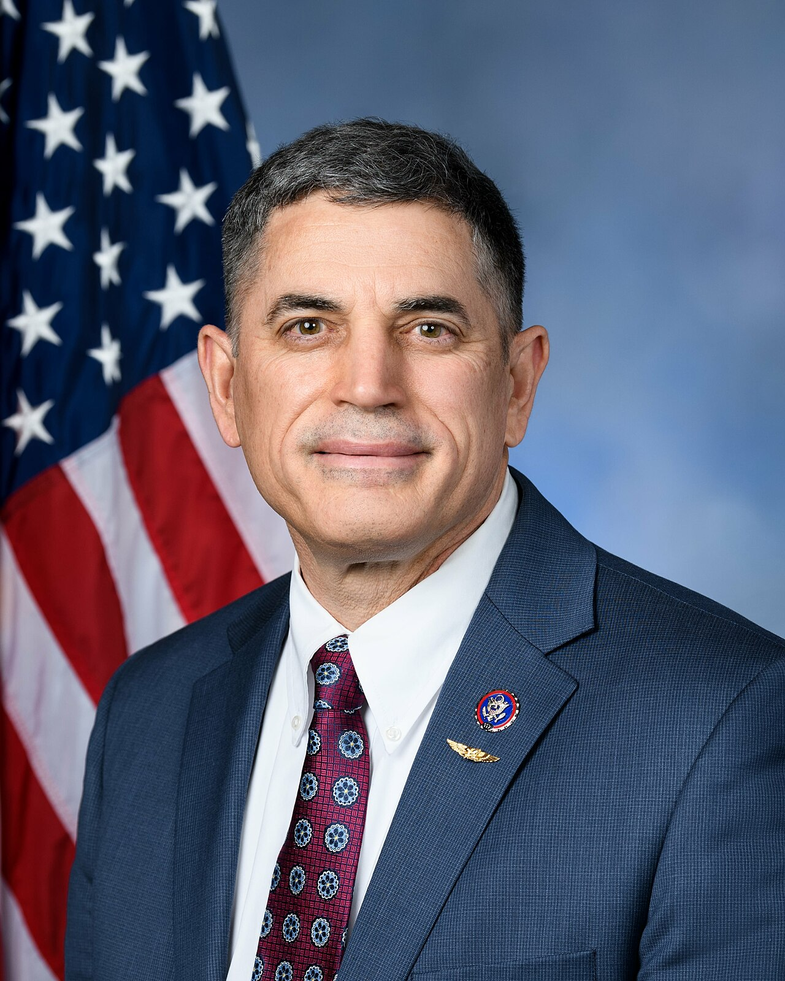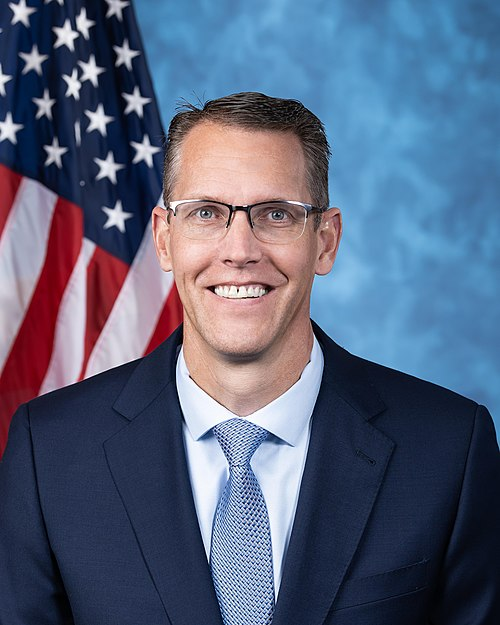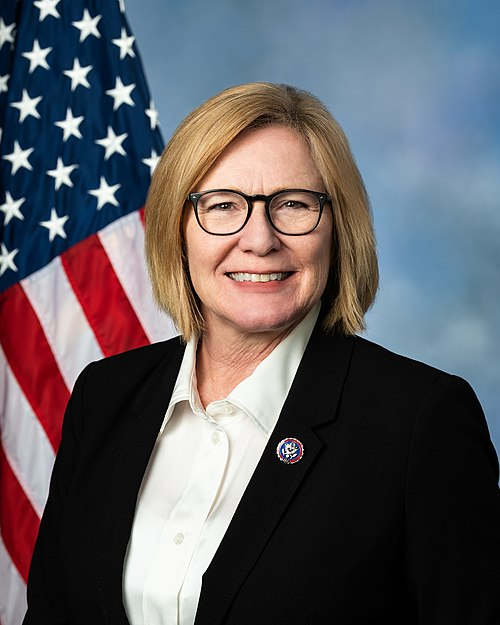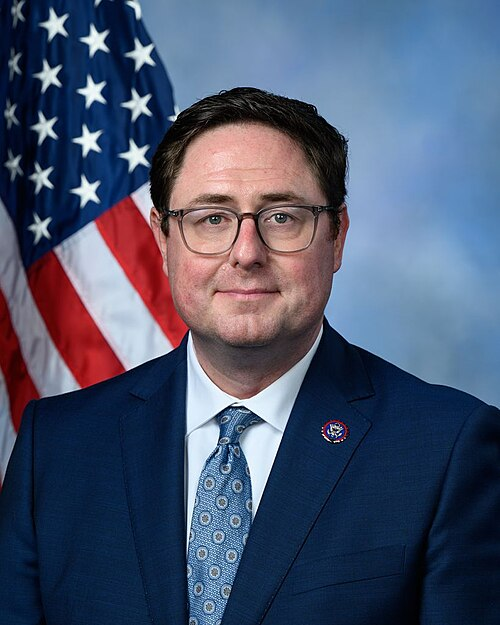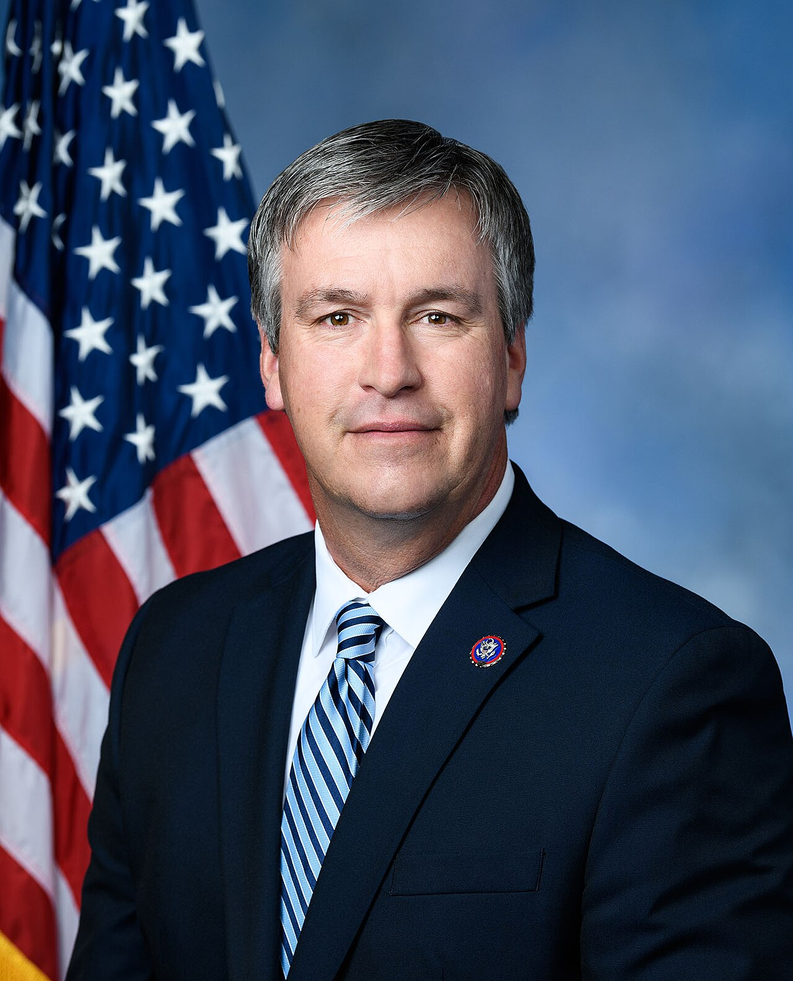H.R. 5038: American Protein Processing Modernization Act
This bill, known as the American Protein Processing Modernization Act, aims to direct the Secretary of Agriculture to establish guidelines for certain meat and poultry establishments to operate under different inspection rates. The key components of the bill include:
Publication of Food Safety Criteria
Within 90 days of the bill's enactment, the Secretary of Agriculture must:
- Publish food safety criteria that will be used to evaluate requests from meat and poultry establishments to operate at alternate inspection rates.
- Start reviewing and responding to these requests from establishments.
Response to Requests
The Secretary is required to respond to requests for alternate inspection rates within 90 days. The response will either be:
- Approval if the request meets the established food safety criteria.
- Denial with a detailed written explanation if it does not meet the criteria.
If the Secretary fails to respond within the 90-day timeframe, the request will be automatically considered approved.
Continuing Operations for Current Establishments
Establishments already operating under alternate inspection rates as of the enactment of this Act will be allowed to continue under these rates if:
- They maintain effective process control,
- They are awaiting a response from the Secretary regarding a request submitted after the bill's enactment.
Duration of Approved Requests
Establishments that receive approval to operate under alternate inspection rates can continue operating under those terms as long as they meet the established food safety criteria throughout their operation.
Noncompliance and Revocation Procedures
If an establishment that has been approved fails to meet the food safety criteria, the Secretary must provide written notice about the noncompliance. The following options are available if the issues are not addressed within 180 days:
- The Secretary may, at their discretion, give the establishment additional time to fix the issues.
- The Secretary may revoke the establishment's authority to operate at alternate inspection rates, accompanied by a written explanation of the reasons for the revocation.
Timeline for Adjusting Inspection Rates
If an establishment's authority is revoked, the Secretary will provide a timeline for reverting to standard inspection rates and will consider:
- The impact on live animal production and sourcing.
- Consultations with the affected establishment to minimize negative impacts on contractual obligations, animal producers, and animal welfare.
Definitions
For the purposes of this bill:
- Alternate inspection rates refer to inspection rates above the maximum levels set by existing regulations under the Federal Meat Inspection Act and the Poultry Products Inspection Act.
- Establishment includes any official site that undergoes inspection under these meat and poultry laws.
Liability and Responsibility
The bill clarifies that it does not assign any liability to the Department of Agriculture or the Food Safety and Inspection Service regarding:
- The safety of workers at these establishments.
- Any environmental impacts related to operating under alternate inspection rates.
Relevant Companies
- TSN (Tyson Foods, Inc.) - As a major player in the meat processing industry, Tyson may need to adjust its operational protocols if this bill alters the inspection rates they can utilize.
- HRL (Hormel Foods Corporation) - Hormel, involved in meat and processed food production, could be affected by changes in inspection requirements and process controls.
- KO (Coca-Cola Company) - While primarily known for beverages, Coca-Cola also engages in food production through subsidiaries. Changes in meat inspection standards could impact their supply chain.
This is an AI-generated summary of the bill text. There may be mistakes.
Sponsors
8 bill sponsors
Actions
2 actions
| Date | Action |
|---|---|
| Aug. 26, 2025 | Introduced in House |
| Aug. 26, 2025 | Referred to the House Committee on Agriculture. |
Corporate Lobbying
0 companies lobbying
None found.
* Note that there can be significant delays in lobbying disclosures, and our data may be incomplete.
